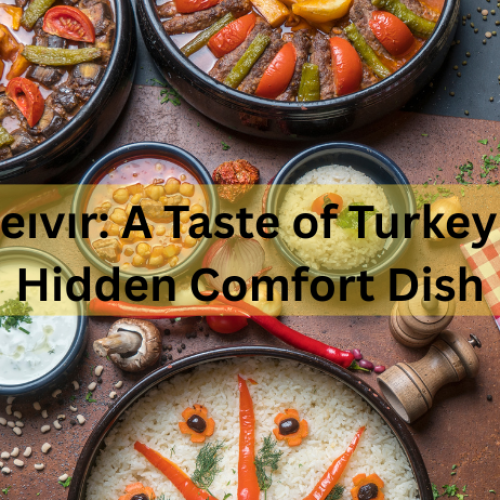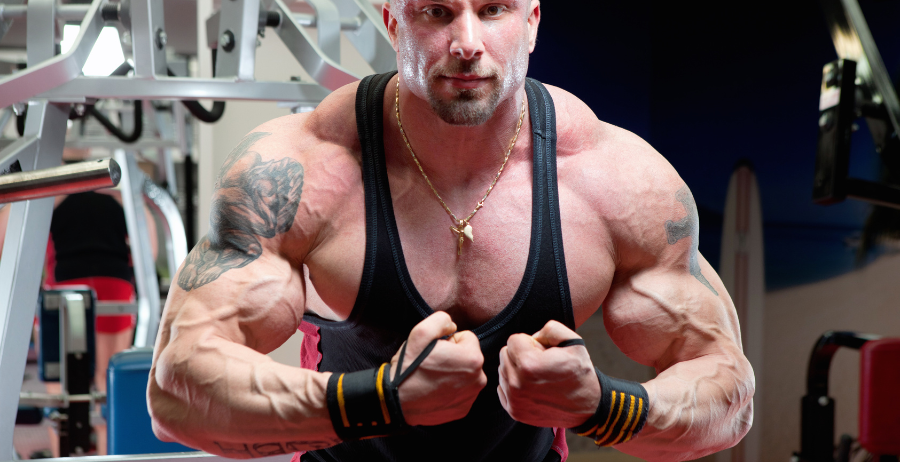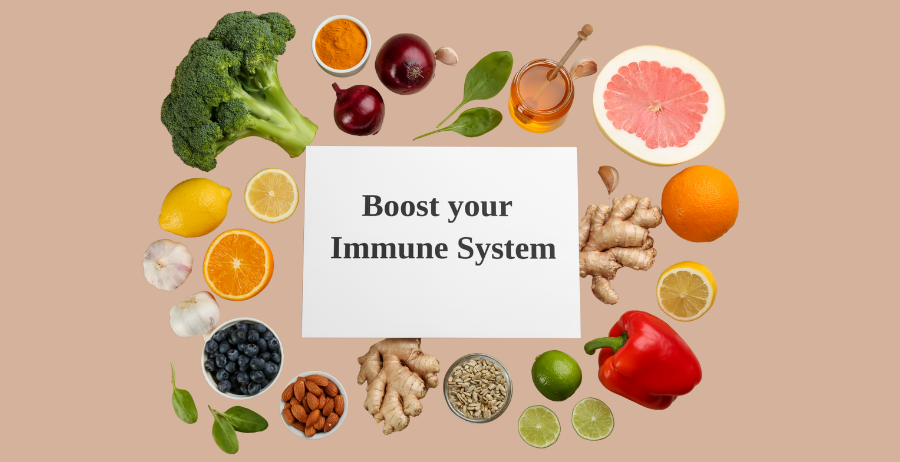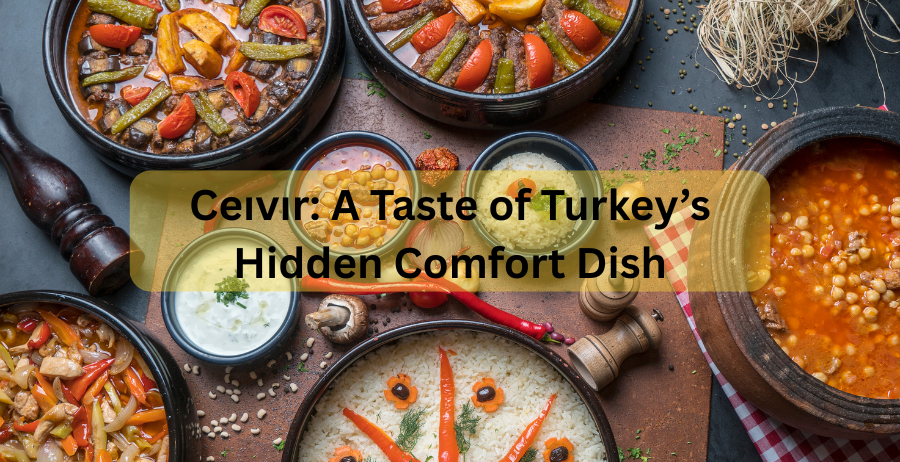A good night’s sleep plays an important role in burning up calories .
Mehreen believes that it can play an important role in reducing weight .
A light meal should be eaten at night so as not to gain weight.
Learning how to lose weight can seem tough, but it doesn’t need to be. This guide is designed to make the process simple and achievable for beginners. We’ll break down easy-to-follow tips on healthy eating, staying active, and creating lasting habits. By focusing on small, effective changes, you’ll discover how to lose weight in a way that works for you, step by step.
Table of Contents
ToggleHow to Lose Weight: Here Are Some Tips
When learning how to lose weight, consider incorporating lean proteins like turkey, fish, and chicken into your meals. These protein sources are digested slowly, especially if you avoid cold drinks with your meals, which can aid digestion.
Also, it’s wise to avoid consuming carbohydrates right before bed. Eating carb-rich foods late at night can make it harder to fall asleep. However, if you have them earlier in the evening, they are generally fine.
Carbohydrates can affect your energy levels and metabolism. For example, when you consume carbs, especially sugary snacks or white bread, your blood sugar spikes quickly.
This can lead to a drop in blood sugar later, slowing down your metabolism and making you feel tired or sleepy.
This is why some people experience drowsiness after a high-carb meal. The impact of carbs varies based on their type and the time you eat them.
In addition, dried fruits are a great snack option.
They offer healthy energy and fats. Just make sure not to fry nuts or fruits in ghee, as this can make them less healthy. Eating them plain can help you feel energized and relieve stress after a long day.
How to Lose Weight: Ramadan Diet Plan
Suhoor (Pre-Dawn Meal): Start your day with a good meal that has whole grains, protein, and healthy fats. Good options include oatmeal with nuts, whole-grain bread with avocado, or eggs with vegetables.
These foods will give you energy that lasts throughout the day.
Try to drink at least 8-10 glasses between iftar (when you break your fast) and suhoor. Avoid sugary drinks and sodas, as they can add extra calories.
Iftar (Breaking Fast): Break your fast with dates and water. Then, have a light soup or salad. After a short break, enjoy a balanced meal that includes lean protein (like chicken or fish), whole grains (like brown rice or quinoa), and lots of vegetables.
Mindful Eating: Be aware of how much you eat and try not to overindulge. Eating slowly will help you enjoy your food and recognize when you’re full.
Healthy Snacks: If you feel hungry between meals, choose healthy snacks like fruits, nuts, or yogurt. Dried fruits are also a good option, but watch your portion sizes
How to Lose Weight: Eat Eggs and Lose Weight
Eating eggs can be a helpful part of your weight loss journey. Eggs are packed with protein, which helps keep you feeling full for longer, reducing the chances of overeating. They also contain essential vitamins and minerals that support your overall health.
Starting your day with eggs can boost your metabolism and provide sustained energy. You can enjoy them in various ways—boiled, scrambled, or in an omelet with vegetables. Just remember to balance your meals with other nutritious foods, such as fruits, whole grains, and healthy fats.
Including eggs in a well-rounded diet can make it easier to manage your weight while enjoying delicious meals.
Conclusion
In summary, losing weight involves a combination of healthy eating, regular exercise, and mindful habits. Incorporating lean proteins like turkey, fish, and chicken, along with whole grains and plenty of vegetables, can help you feel satisfied and energized. Staying hydrated and avoiding high-carb meals before bed are also important. Additionally, healthy snacks like fruits and nuts can support your weight loss efforts. By making these small, sustainable changes, you can achieve your weight loss goals and improve your overall health.








